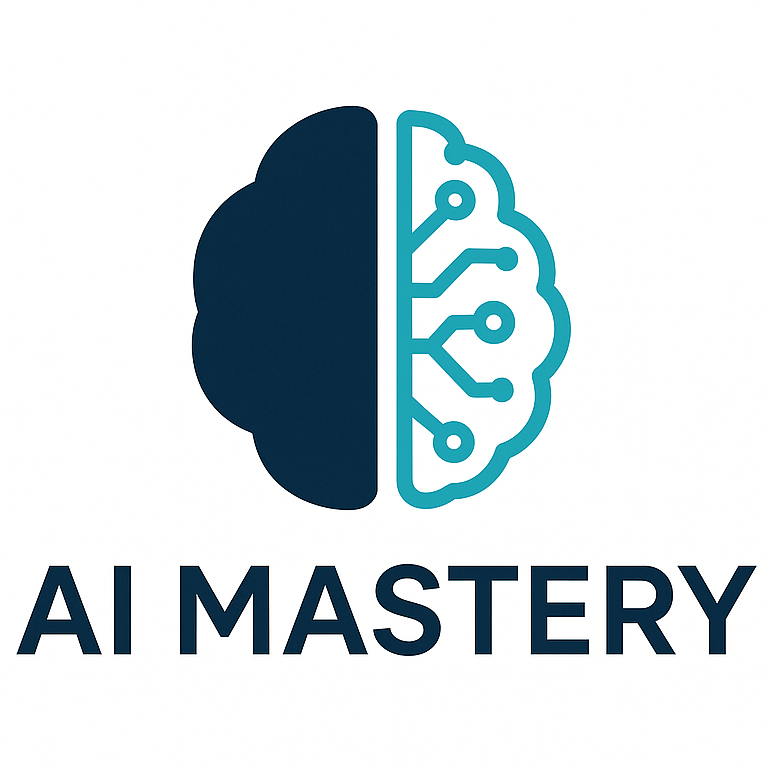
AI Voice Fraud: Sam Altman’s Banking Warning
Jul 23, 2025What would it be like to get a call from the bank and hear the voice on the recording approve a transaction that you never sanctioned. Sounds like science fiction? OpenAI CEO Sam Altman warns it is today a real and immediate threat.
Last week at a Federal Reserve meeting in Washington, Altman cautioned of an impending pandemic of fraud fomented by advances in voice cloning technology on the basis of AI. Altman described existing voice authentication devices in the banking sector as outdated and extremely ineffective. As Altman himself, in harsh language, said, "AI has fully defeated" voiceprint authentication.
Why exactly is this a particularly important topic now, and how prepared is the financial industry?
The Vulnerability in Voice Verification
Voiceprinting, the supposedly foolproof way of authentication over a decade ago, has become increasingly vulnerable. Banks once ensured account accessibility through the recitation by customers of authorized challenge phrases. The progress in the area of Artificial Intelligence has surpassed these methods at a very rapid speed.
Voice clonIng AIs today can mimic any voice with chilling perfection such that it is almost impossible to separate genuine customers from pretenders. Altman's warning is in no way a frivolous one—voice frauds involving the employmentof AIs are already going the rounds globally in proof of the seriousness of his warning.
Why is Artificial Intelligence Voice Fraud So Risky?
Structural risk of voice fraud by AI lies in the false simplicity:
- Ease of Use: On the basis of limited samples of an individual's voice, AI can convincingly reproduce tone, pitch, and speech rhythms.
- Rapid Scalability: Cybercriminals can automate these voice attacks, conducting large-scale fraud campaigns swiftly.
- Inadequate Preparation: Financial institutions reliant on outdated authentication practices are at extreme risk exposure and can potentially suffer catastrophic loss of funds.
Altman's note that the technology is not just out there but perfected already sends out a clear warning bell: financial institutions had better reassess seriously their authentication methods.
Banking Sector Response and Concerns
Quite remarkably, where most banks are cautious in adopting latest AI technologies thanks to regulatory and risk management concerns, Altman shows significant adoption by large financial institutions. The rationale is simple but indisputable—forsaking developments in the realm of AI can threaten their very existence in the midst of rapidly changing financial landscape. Federal Reserve Vice Chair Michelle Bowman noted the seriousness in the warning by Altman, in anticipation of potential collaboration between authorities and businesses that deal in AI like OpenAI in setting up newsecurity protocols.
Yet the pivot won't be easy. Financial institutions face a twofer problem: besides having to rapidly deploy new methods of verification, they will have to deal with stringent regulatory environments and customer expectations for seamless interactions.
Beyond Voice: The Future Threat of Video Fraud Enabled by AI
Altman foresaw voice fraud as possibly being the tip of the iceberg. Video cloning through AI, indistinguishable from reality in some cases already, will be the next level of sophisticated financial scams. Financial institutions will then have to prepare and deal with multi-modal AI-driven fraud and incorporate tools in the form of biometric authentication, real-time behavioral analysis, and advanced AI-driven surveillance systems.
What's Next: Ensuring the Future of Banking
Implications from Altman's warning go beyond technical adjustments. A fundamental shift in the manner by which banks contemplate safety is required:
- Multi-Factor Authentication (MFA): Banks should look beyond voiceprints and adopt more refined biometric parameters and behavioral analysis.
- AI-Based Fraud Detection: Interestingly, the very AI may hold the key in the form of advanced fraud detection algorithms detecting aberrant patterns in advance.
- Regulatory Cooperation: Banks, A-I entities, and supervisors will form alliances in the development of common security frameworks.
The Bigger Picture: Moral Responsibility in Artificial Intelligence
Altman's warning also opens up a crucial ethical debate. The aggressive development of the technologies for AI brings into sharp focus the need for effective ethical standards and prudent deployment practices, particularly within areas such as the financial sector. Across-the-industry collaboration will help in balancing innovation and security.
Sam Altman's foreboding warning illustrates a broader reality—the financial industry, the regulators, and the creators of AIs must hasten the process to adapt to these surging threats. Banks that wait or underestimate the world coming will leave themselves vulnerable not only economically but reputationally.
In the coming era of the rise of AI, innovation and watchfulness will separate success from victimhood for financial institutions in the face of ever-evolving tactics from hackers. The time is now—the moment before a controllable risk becomes a systemic crisis.
Want weekly tips to grow smarter with AI?
📬 Subscribe to the newsletter and get practical advice on automation, content, and growth—straight to your inbox.
We hate SPAM. We will never sell your information, for any reason.

